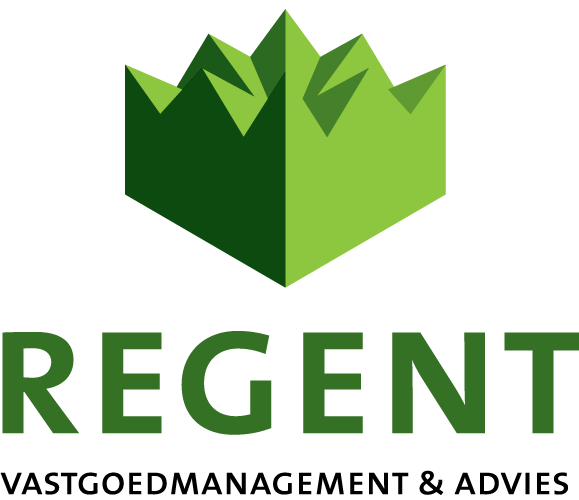Understanding Growth Hormone: What Is It?
Understanding Growth Hormone: What Is It?
Growth hormone, often abbreviated as GH, is a peptide hormone that plays a critical role in growth, metabolism, and overall health. Produced by the pituitary gland, this hormone is essential for various bodily functions, particularly in childhood and adolescence. However, its influence continues into adulthood, affecting muscle mass, fat distribution, and even mood.
Functions of Growth Hormone
The primary functions of growth hormone include:
- Stimulating growth: GH promotes the growth of bones and cartilage, making it crucial for children and adolescents.
- Regulating metabolism: It helps in the metabolism of fats and carbohydrates, influencing how the body utilizes energy.
- Muscle development: GH fosters the growth of muscle tissue, contributing to increased strength and exercise performance.
- Aging and longevity: Some studies suggest that maintaining optimal levels of GH may have benefits for aging individuals, potentially improving vitality.
How is Growth Hormone Regulated?
The secretion of growth hormone is regulated by several factors including:
- Sleep: GH is primarily released during deep sleep stages.
- Exercise: Physical activity can significantly boost GH levels.
- Nutrition: Certain dietary choices can influence GH production, with protein-rich foods often having a positive effect.
- Age: GH levels typically decline with age, which can affect overall health and vitality.
Deficiency and Excess of Growth Hormone
Both deficiency and excess of growth hormone can lead to significant health issues:
Growth Hormone Deficiency
This condition can result in:
- Stunted growth in children
- Increased body fat
- Reduced muscle mass
- Low energy levels and fatigue
Growth Hormone Excess
On the other hand, excessive levels of GH can lead to:
- Acromegaly in adults, characterized by enlarged extremities and facial features
- Increased risk of diabetes
- Joint pain and muscle weakness
FAQs About Growth Hormone
1. What are the common symptoms of growth hormone deficiency?
Common symptoms include stunted growth in children, increased body fat, decreased muscle strength, and fatigue.
2. Can adults benefit from growth hormone therapy?
Yes, growth hormone therapy can be beneficial for adults with deficiencies, helping improve energy levels, muscle mass, and overall well-being.
3. Are there risks associated with growth hormone supplementation?
Potential risks include joint pain, swelling, and an increased risk of diabetes and cardiovascular disease.
4. How does exercise influence growth hormone levels?
Exercise, especially high-intensity workouts, stimulates the release of GH, making physical activity a vital component for maintaining growthhormone-for-sale healthy levels.
Conclusion
Understanding growth hormone is essential for recognizing its impact on health and wellness. From promoting growth in youth to aiding metabolism and muscle maintenance in adults, GH plays a vital role throughout life. Awareness of its functions, regulation, and potential health implications can help individuals make informed decisions about their health and fitness goals.
